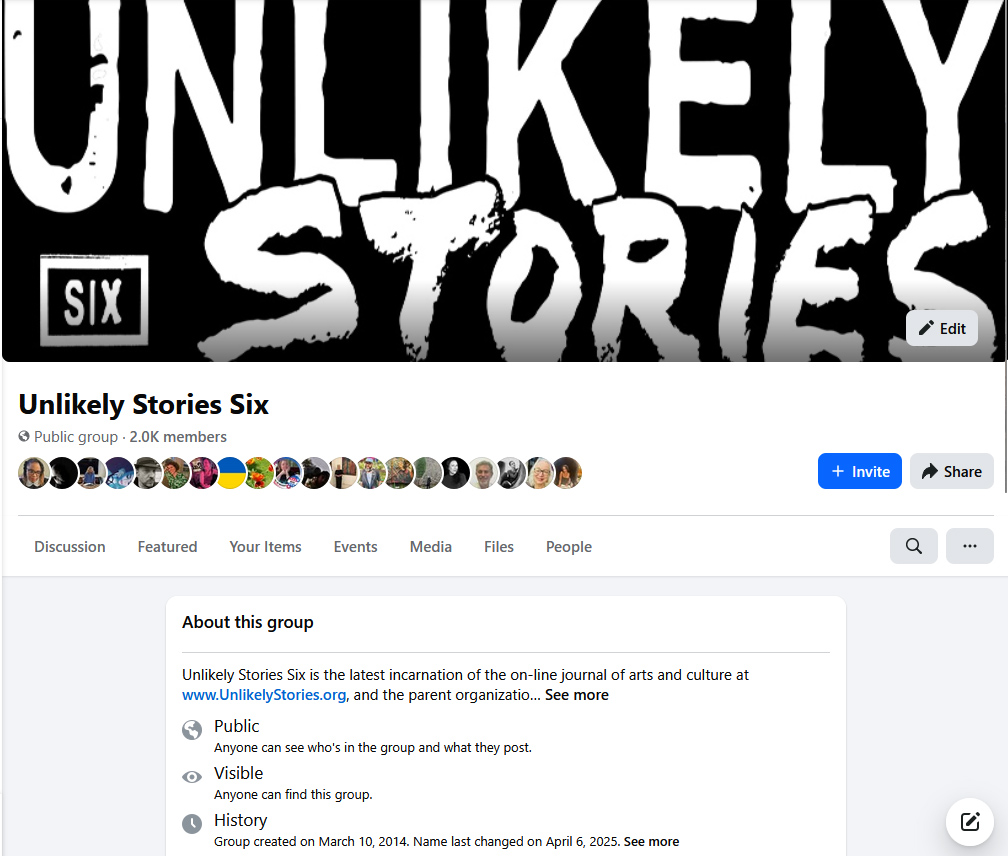"Blood Vertigo" (Ralph La Charity), "As Blood is the Fruit of the Heart: A Book of Spells" (John Bradley), and "The Rain that Doesn’t Touch the Ground" (George Kalamras)
by dan raphael
Ralph La Charity’s Blood Vertigo’s “Prefatory notations” says: “This book insists upon Time being both now AND then, the way the blood of the poet records what is happening as a function of Time being experienced . . .”
I see language as embracing time, containing and resonating with past and present meanings. In the book’s first poem, “Iluustratus Communicatus,” La Charity invokes the feel of both older and contemporary English and poesy:
“fables & lures, alluring where we will go
yea falling away too’s what we do
I took the bait, swam off willy-nilly
You yclept & sang along & ate yr fries
‘tis what we do, alluring we will go”
This is language to bask in, and nuanced—for example, he capitalizes You to match I—and the book is full of this richness, humor and invention. It’s a customized vocabulary, including varied spellings, that matches the somewhat askew, amused/bemused perspective of the poet, often transforming the ordinary into something not seen, or spoken of, quite that way before.
I get a sense of quest, and a sense of sharing, waving the reader to come in and along. The I of the poems is often a bard in the traditional sense, seeking meaning, poetry and surprise.
“I wanted to caress the wrong’s wrong skewered
beltway charities cinched at dusk, the hollow prize
stopping light nobody read by, nobody carved by, nobody
taught by, the light the lone nobodies ate thein no soup today by,”
[Dusk on Akros]
With his rhythms and repetitions, La Charity, like many wordmongers, hints at spells, to clarify and/or redefine the world around. Nor is he shy about blending the reality with the imagined:
“Í used to be a white man with colored ears
& my colored ears heard white noise with a bias
‘cause white noise with a bias is noise at a remove
then I removed my colored ears & spoke
with a colored mouth. Hey—talk about bias . . .”
[Things have changed]
Here’s the shortest poem in the book, an alchemy, transforming an actual body organ I didn’t know existed, the “Omentum”:
“An apron of peritoneal tissue descending from the stomach
to the transverse colon. A gut-shield that migrates to visceral
crises pf the infective persuasion. If one’s guts are cool, the
omentum just hangs there, awaiting the call.. In a possible
poetics of confrontational, exorcistentialism, the allopathic
signatory gigs beneath an omentumnal guidon.. floating
open can should and function as an oppositional curative,
but you never know”
While many of the poems are brisk and playful—with language as well as subject matter--there are some variations, like a couple poems of chants, some poems aimed at specific named and unnamed people, and some more prosy and of our present world:
“am I being an intellectual here I suppose but also
being instinctual my good man there’s an awful lot
of self-disgust in a statement like that he had a way
of holding it all back until all of a sudden there it All was”
[Our lost hillbilly / cowboy]
But infused throughout the book is La Charity himself, the language dancer with vertigo in his blood, word junky, muse devotee:
“the Muse impounds secret pride with the furies of Her illumination
She wails upon limitation with the focus of pities She denies
a poet’s pride is transformed by his humility
his arrogance converted through his humiliation”
[Between the Breath of Her Sighs]
To those who read mostly from the mainstreams of narrative, “literary” and personal poetry, this book will be revelatory and exciting, opening doors and borders, energizing and challenging. And for folks like me, reading more from the fringe, exploring the possibilities of language as a medium, La Charity offers new directions and stances
Almost forgot to mention the several amazing collages of by La Charity here, and the fine production by Dos Madres Press, who did another book of his, Sprungs und Alles, earlier this year which is around half poems, half correspondences and conversation.





Add comment